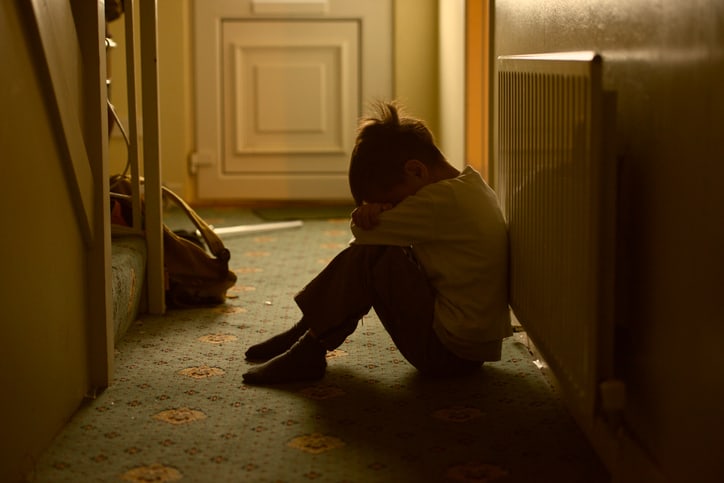COVID-19 has affected so many of us – even if we’ve never been infected or know someone who has been. For many of our patient families, there is a feeling of dread and panic. This has shown itself in a 4-year-old who won’t use a spoon that’s sat on the table and washes hands over and over, in a previously sunshine 8-year-old who suddenly snarls, cries, and hits, and in a formerly fastidious 12-year-old who refuses to shower.
The impact that COVID-19 has been making on mental health is tremendous. We need to do all we can to communicate honestly with our children, identify red flags and seek professional help when needed. Let’s take a look at the things to know how your child is coping after a long time of being at home.
Ways to Make Your Kids Better at Coping
Talk in Private as Kids are Always Listening
Your kids, as young as toddlers, do truly understand “Breaking News” death tolls, infection rates, and mask-wearing controversies. Even if they’re not sure of the details, they know that very bad things are happening and that people are getting very sick. That can throw them into a panic, feeling out of control about their own health and the safety of the people whom they love. Turn off the news and try not to discuss it with other adults when children can hear it.
Communicate the Facts to Your Kids so they Understand
Be honest with your children. Explain that there are many kinds of viruses and bacteria and nearly all of them actually help us stay healthy. Tell them that yes, there are germs that are dangerous, but as long as we are careful – wearing masks when we are around people who don’t live in our own house and washing hands frequently – we can stay safe.
Be Cautious as a Parent as Your Mood Sets Their Mood
Especially for infants, toddlers, and young children, parents and caregivers have a profound effect on children’s state of mind. We know that many adults are feeling isolated, sad, and depressed – and even teenagers can absorb and reflect that attitude. Taking care of yourself is just as important as taking care of your children. If you are feeling sad or nervous most of the time, click here to take a confidential mental health self-assessment. Call your primary care physician with the results and ask for an appointment.
Make Your Child Take Aggressive Steps to Feel Better
Often, we can banish mild blues with self-care techniques. These techniques can help lessen stress, increase dopamine levels and strengthen your immune system. Your kids and you can:
- Go outside – take deep breaths of fresh air, enjoy the greenery and feel the sunshine
- Move – take walks, bike rides, or even do jumping jacks in the kitchen
- Focus on the positive – find 10 things that make your family smile; sunsets, cozy pajamas, even macaroni, and cheese!
- Connect with others – Facetime or zoom with grandparents, friends, or cousins
- Play music – turn on the tunes and have a dance party
- Laugh – read jokes to each other or watch a funny movie
- Do something for other people – create a “just thinking of you” card, bake cookies to deliver, or call someone and sing a happy song
If your Child’s Mental Health is Alarming, It Could Be Time for Professional Help
The faster you access professional help when your child is depressed, anxious or sad, the faster your child gets the tools they need to recover quickly and fully. When left untreated, mental illness can get very serious in very little time. Call our office if your child exhibits:
- Changes in:
- eating habits
- personal hygiene
- moods or personality
- sleep habits
- interest in social interactions
- interest in physical activity
- Obsessive hand washing, showering, or changing clothes
- Engaging in rituals like lining up objects exactly or touching an object repeatedly
- Fear of touching objects that may have been touched by others
Mental Health for Children is a Priority of Alzein Pediatric
While isolation guidelines have been relaxed, the reality of COVID-19 has not changed. Until our communities take broad and sweeping steps to contain the virus, or until a vaccine is widely available, we will be at risk, which means the mental health of our children will be at risk. Take the steps every day to help your child understand and process the information, protect them from sensational reporting, and practice self-care.
Call our office at 708-424-7600 or visit Our Evergreen Park, Oak Lawn/95th Street, and Urgent Care locations. You can also click here to make an appointment if you see any indications your child is struggling. All of us at Alzein Pediatrics are here to help.


